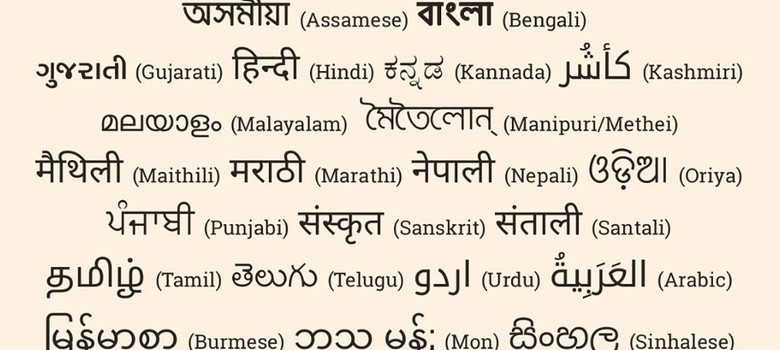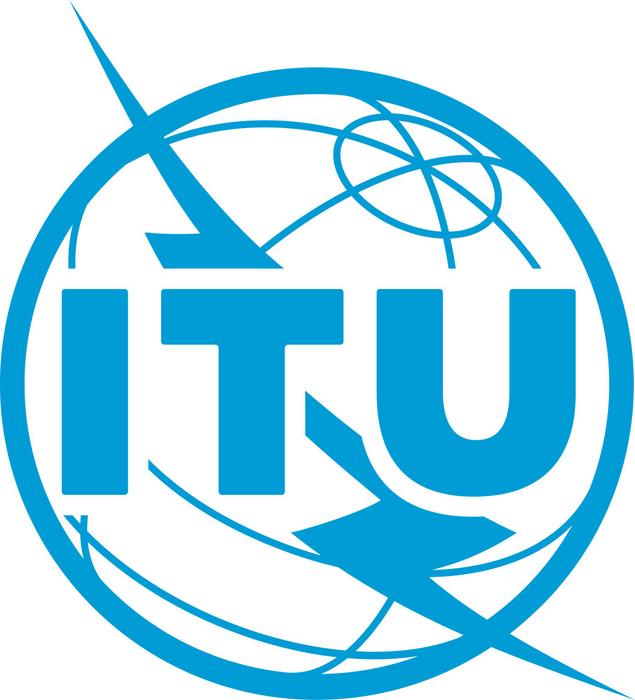The Ministry of Culture, along with its affiliated organizations, has undertaken several initiatives to harness technology for the digital preservation of India’s rich cultural heritage, including manuscripts, artifacts, monuments, and performing arts. These efforts encompass digitization, audio-visual documentation, and archival management to safeguard and promote the country’s historical legacy.
The Archaeological Survey of India (ASI) has digitally documented 1,18,359 antiquities and artifacts under the National Mission on Monuments and Antiquities (NMMA). Under the Gyan Bharatam Mission, which focuses on the digitization and preservation of Indian manuscripts, 3.5 lakh manuscripts have been digitized in collaboration with 37 public and private institutions. The Ministry, in technical partnership with C-DAC Pune, has employed the software “JATAN” for digitizing museum collections, ensuring accurate documentation and preservation of cultural artifacts.
The Abhilekh Patal, curated by the National Archives of India (NAI), serves as a digital gateway to India’s historical records, offering access to meticulously preserved documents and archival material. Similarly, the National Cultural Audio-Visual Archives (NCAA) functions as a trusted repository for rare and endangered cultural recordings, promoting the preservation of India’s performing arts, music, dance, and theatre.
Seven Zonal Cultural Centres (ZCCs)—headquartered in Patiala, Prayagraj, Kolkata, Dimapur, Thanjavur, Nagpur, and Udaipur—conduct extensive research and audio-visual documentation to preserve and promote both visual and performing arts, covering literature, fine arts, and traditional cultural forms.
The Ministry has also leveraged digital platforms to make Indian art and culture more accessible to the public. The Archaeological Museum at Hampi, Karnataka, has been upgraded with an app-based virtual museum in partnership with the Airports Authority of India (AAI) under the National Culture Fund, enabling virtual exploration of its collections. The National Virtual Library of India (NVLI) has been developed as a centralized platform to consolidate cultural information from across the country. It provides citizens with access to diverse repositories through user-friendly, multilingual search interfaces, hosting data of cultural relevance from multiple institutions and archives.
Collectively, these initiatives reflect a comprehensive effort by the Ministry of Culture to preserve, digitize, and promote India’s heritage, ensuring that historical, artistic, and cultural treasures remain accessible to present and future generations.
- PIB







